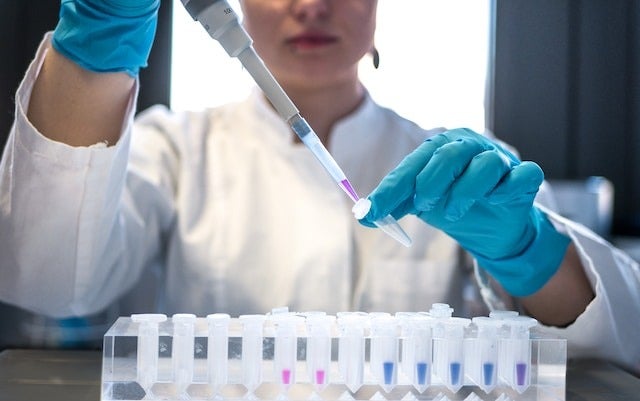
Germany-based biotechnology company Singleron has rolled out two new instruments that deliver a one-stop-shop solution for the single-cell sequencing workflow.
The two new instruments include NEO, the single-cell sequencing library processing system, and Python Junior, a tissue dissociation instrument.
The portable instruments can be easily fit into any laboratory and provide scientists and clinicians with accurate and reproducible results.
Singleron said that its NEO and Python Junior instruments will make single-cell sequencing accessible for every laboratory.
Singleron, in a statement, said: “Providing high throughput of up to half a million cells in one run on four independent channels, this instrument adds flexibility to the single cell sequencing workflow, allowing simultaneous chip running with different throughputs and applications.
“Standardisation and automation are features required to translate new technologies to clinics. Singleron’s two new systems are designed with such requirements in mind to help move single-cell sequencing closer to applications in precision medicine.”
Python Junior is designed to simplify the dissociation process from solid tissue to high-quality single-cell suspension, combining mechanical treatment and enzymatic digestion.
The instrument has the flexibility to run two independent channels and programme options, while dissociating a wide range of tissue types.
NEO is designed to provide fully automated chip priming, cell partition, cell lysis and nucleic acid capture, to simplify the operation process for single-cell sequencing library construction.
It can be used with the company’s several unique single-cell multi-omics solutions.
Established in 2018, Singleron is engaged in developing and marketing single-cell multi-omics products that can be used in both research and clinical settings.
The company’s current product portfolio includes instruments, microfluidic devices, reagents, software analysis and database solutions for high-throughput single-cell analysis.






